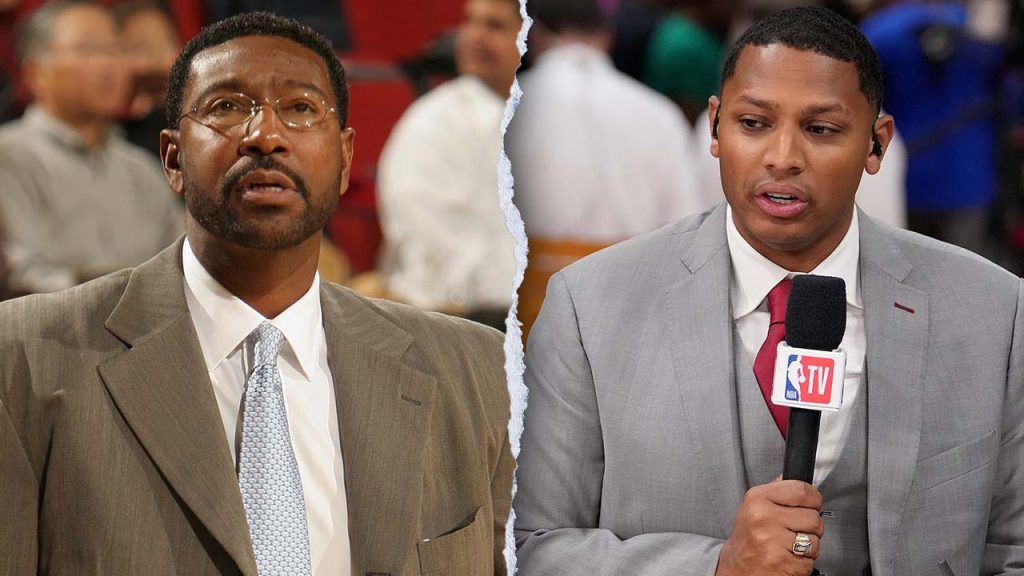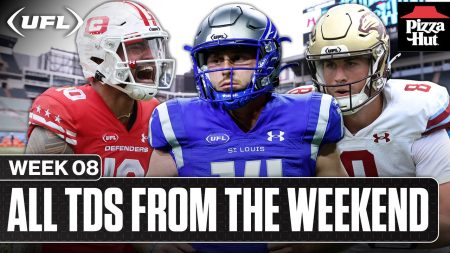During a recent broadcast of “NBA Gametime Live,” former NBA coach Sam Mitchell doxxed his co-host Chris Miles after a salary joke quickly escalated. The incident began innocently enough with Mitchell expressing his frustration at basketball coaches not being awarded Olympic medals. Miles responded with a lighthearted comment about Mitchell doing the show pro bono, which seemed to upset Mitchell. The situation quickly devolved as Mitchell began questioning Miles about his finances, insinuating that Miles was hiding wealth and bragging about his own financial situation. Despite Miles attempting to diffuse the tension with humor, Mitchell continued to press, even threatening to reveal Miles’ home address on air.
As the tension between Mitchell and Miles escalated, with Mitchell making personal attacks and threatening to reveal private information, Miles attempted to shift the focus back to the game being covered. However, Mitchell persisted in his aggressive behavior, claiming to be a “truth-teller” and implying that Miles was in some way in the wrong for challenging him. Mitchell’s threats and personal attacks caused Miles to become visibly uncomfortable, with him hinting at the presence of “snitches” on the broadcast. However, Mitchell remained unapologetic and continued to berate Miles, even going so far as to reveal the address of one of Miles’ properties on air.
Despite Miles’ attempts to cut to a break to diffuse the situation, Mitchell continued to make menacing comments, indicating that the game couldn’t start soon enough for Miles. Mitchell’s behavior throughout the broadcast was aggressive and threatening, leaving Miles in an uncomfortable and vulnerable position. The incident highlighted the toxic dynamics that can arise in sports media and the consequences of unchecked egos and aggressive behavior. It also raised questions about the responsibility of broadcasters and networks to protect their talent and ensure a safe working environment for all involved.
As the incident garnered attention and backlash from viewers, questions were raised about Mitchell’s conduct and the impact on Miles and the overall broadcast. The incident served as a stark reminder of the importance of professionalism and respect in sports media, and the need for accountability when lines are crossed. Mitchell’s behavior was seen as unacceptable and unprofessional, prompting calls for action from the network and the NBA community. The incident also sparked discussions about the power dynamics at play in sports media and the responsibility of colleagues and networks to address toxic behavior and protect those affected.
In the aftermath of the incident, Miles received an outpouring of support from fans, colleagues, and viewers who condemned Mitchell’s behavior and expressed solidarity with Miles. The incident served as a wake-up call for the sports media industry and highlighted the need for awareness and accountability in the workplace. Moving forward, there were calls for better training and protocols to prevent similar incidents from occurring in the future and to promote a safe and respectful work environment for all involved. Ultimately, the incident served as a cautionary tale about the consequences of unchecked aggression and the importance of upholding professional standards in sports media.















